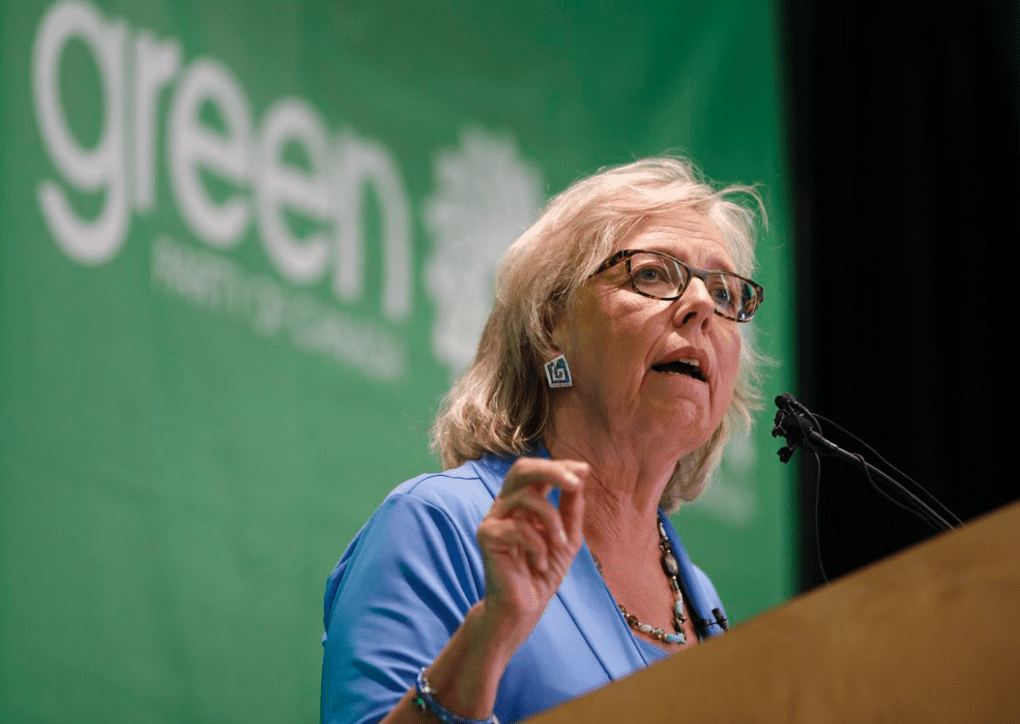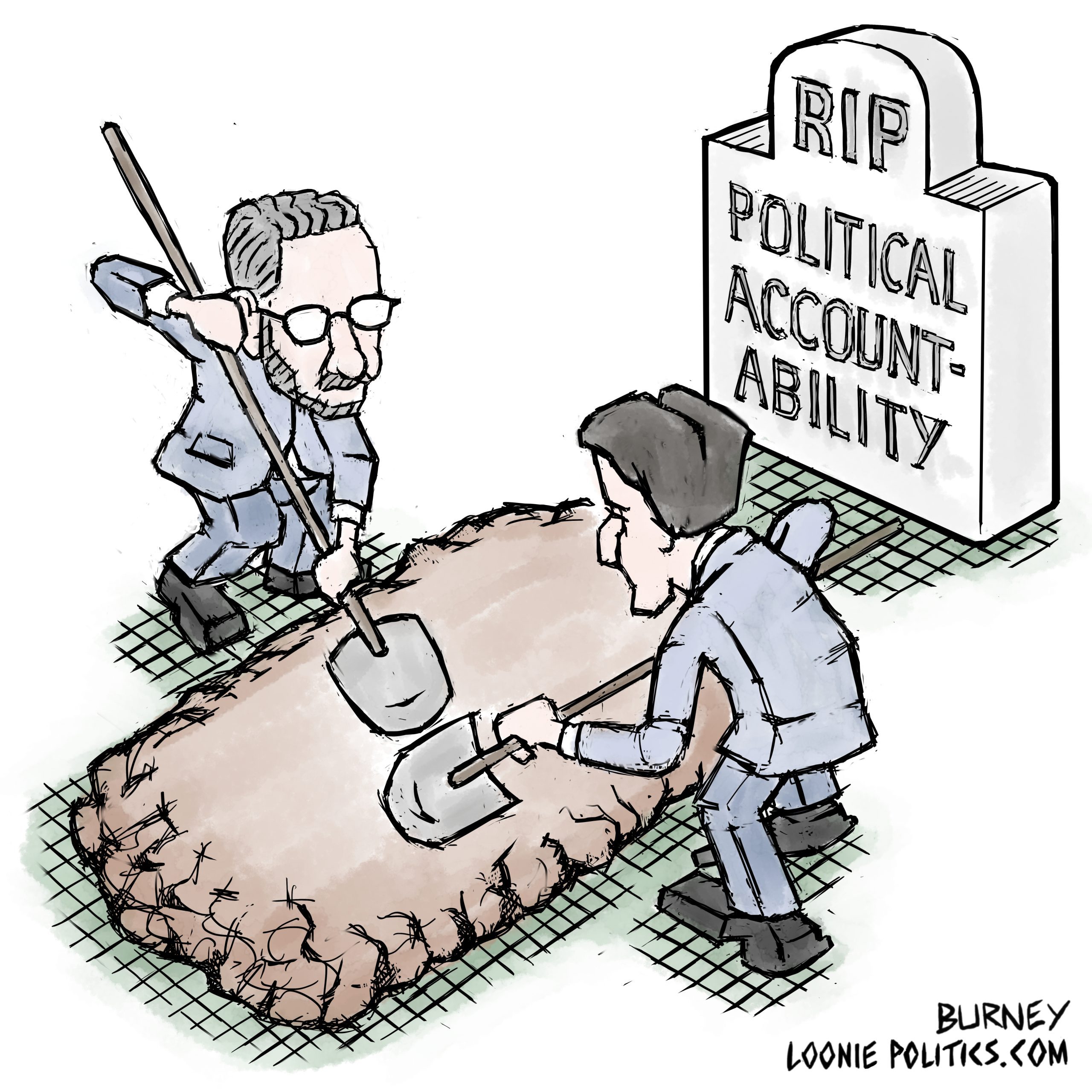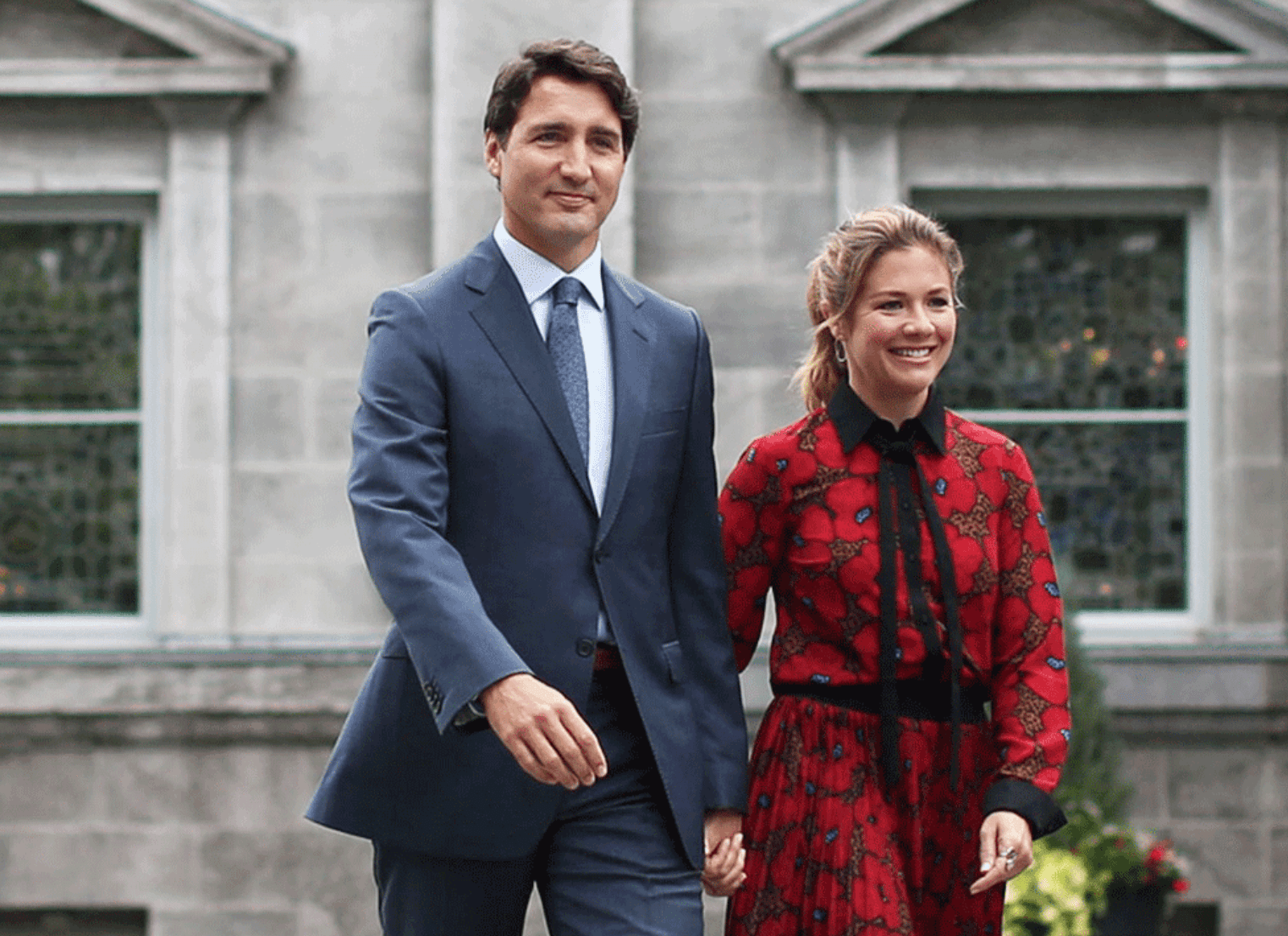Well, here we are. Election 2019 is officially underway. Of course, the issuing (not dropping) of the writs of election is just a formality; election-style rhetoric never really stops in Canadian politics. But now that the formality has been executed, it is the appropriate time for me to unveil my official endorsement, which is highly coveted in all quarters and will ultimately increase the recipient's share of the popular vote by at least 10 percentage points. Thanks for the fruit baskets, by the way.
At the time of this writing, I will have been a resident of the United States for over a year and a half. If I wish to vote in Election 2019, I will need to apply to vote by mail. In order to get an absentee ballot, I must supply my most recent Canadian address and a photocopy of a document proving my Canadian citizenship. Then it's just a matter of filling in an online form and waiting a few weeks. Easy.
It was also easy to vote in Election 2015. I would have had to walk a few blocks to the polling station, but I like walking. Yet I didn't. It wasn't worth it. Spoiled ballots don't count, anyway.
Such is the dilemma this cycle. If the only vote I can conscionably cast is for a dead person, or a fictional character, or an inanimate object, or a long string of obscenities, why bother filling in that form? What's the use of an absentee ballot that won't count?
Once again, it's that bad. The individuals seeking to head Canada's government are so uniformly self-interested, hypocritical, incompetent, incurious, and dislikable and that's just a baseline that I have no choice but to endorse my dog for Prime Minister of Canada.
Fisher Morgan was born in Washington State, but as a purebred Newfoundland, his ancestral ties to Canada run deep. Like the province for whom it was named, this breed is renowned for both its handling of rough seas and its friendliness. For this reason, Fisher will simultaneously be running as the Independent Member of Parliament for Coast of Bays—Central—Notre Dame, the riding which includes the town of Gander. He has never been there actually, he's never been to Canada at all, now that I think of it but that never stopped a good share of the 2011 NDP class.
In any event, what really matters is likability and relatability, qualities that Fisher possesses in spades. Having been socialized in public places since he was three months old, he is comfortable with both large crowds and one-on-one discussions with big and little humans alike, whose testimonials call him "sweet," "floofy," and "SOOOO CUTE!" As well as people, he lives in a neighbourhood with a diverse population of wildlife and has forged particularly strong bonds with the deer community and the rabbit community. We're still working on the cats, but . . . well, you know. Cats.
Like many Canadians, Fisher's favourite activities include sleeping, running around in the park, and eating bacon which brings me to his Five-Point Plan for a Very Good Canada:
- Promote physical activity and the preservation of outdoor spaces through regular walks and swims.
- Take action on climate change so there aren't as many sky booms.
- Stop irregular crossings of squirrels into the backyard.
- Offer free noggin pats and snugs to all humans who need some.
- More bacon.
In addition, having been named for Admiral John Fisher, he understands what it takes for a tricoastal country to have a strong navy for example, boats and people who know how boats work.
Of course, contemporary elections are more about what a candidate is not than what they are. So let me assure you of the following: Fisher is not the sort of dog who will interrupt Question Period with loud borking or doodle in the middle of the aisle. You can see in his eyes that he will never lie to you or do anything to make you call him bad. He may get some drool on your pants, but it's only because he's just met you and he loves you. And, yes, he may nap in the middle of a committee session, but being a puppy is hard work, you know.
So, if you can't figure out which of the human mediocrities deserves your grudging support the most, don't encourage them just vote for Fisher. Who's a good Prime Minister? He is.
Photo Credit: Jess Morgan
Written by Jess Morgan












